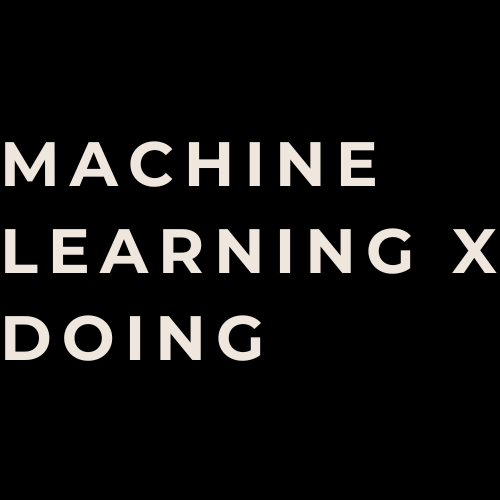When I was studying abroad in Denmark before college, I was impressed with the data-driven policy making approach I experienced, even though I didn’t have the vocabulary for it at the time. There was always a language-training center within a specific radius, and education in the high school system was strongly tailored to the individual. Such was the attention to detail that I became fluent in reading and writing Danish in around 6-8 months (it helped that I stayed with a host family, even if I’m not as near-perfect as I once was). The experience of learning a new language from scratch while studying different fields in school helped me imagine how disciplinaries might interact.
However, that interest did not begin in Denmark. My parents are both Literature professors and I was mentored to follow in their footsteps from an early age, even though I ended up in economics and computer science. They instilled a deep appreciation of study abroad and different perspectives. As such, my brother, sister and I all studied abroad.
Throughout my academic experience, there has been little active engagement between academic departments, not to mention the industries and sectors they serve, whether health, finance or the policy space. This seems like society missing out, because most problems transcend disciplines. Although the leading private technology sector was mostly a consumer of scientific innovation and is increasingly a producer, the breakthroughs made are seldom shared for mutual benefit. The phenomenon of social science taking a backseat in the technology sector for not being technically-inclined also means that many problems the industry face, whether bad economies that prompt historically large-scale layoffs, or algorithmic bias on software platforms, remain poorly understood.
In contrast, we often discuss Machine Learning X Doing as a research environment that blends the long-term scientific thinking of academia with the efficiency of the technology sector. We discuss embedding this ethos into products that both bring the best of academia into society, and the strong points of the private sector into academia. This alignment with academia from an interdisciplinary standpoint has always been important to us personally, given how I came from a background with postdoctoral experience in economics, electrical engineering and computer science (and a visiting scholar in mechanical engineering). I actually don’t advise anyone try this, but with our efforts, we hope that nobody will have to soon.
This is a major reason why we publish our research, including recent work in Trends in Cognitive Sciences, the leading journal in that field. It is why we are the only technology company at the time of writing whose collaborations span 8 disciplines (in that same paper). Our collaborators in that work span, Harvard, MIT, Duke, Yale, Berkeley, and many other peer academic institutions, but we are most proud of transcending computer science, economics, cognitive science, and many other fields. It is why I believe in policy impact, with my work, a collaboration on blockchain technology with IBM and the University of Chicago and in a private capacity) also having been published in a position paper by the United States Department of Energy and presented at the American Academy for the Advancement of Science and others. It is why I actively engaged the Privacy Commissioner of Canada office with policy feedback on AI privacy. (These do not constitute endorsements of Machine Learning X Doing by any mentioned stakeholder.)
We desire to make a more direct impact on academic learning by teaching the next generation of machine learning-and-economics practitioners, so we are running our Machine Learning X Teaching program, which is designed to bring the state-of-the-art into every aspect of the economy, from nonprofit foundations, the private sector and the public sector. We are aware that few have the means or the time to participate in a doctoral program in economics, much less postdoctoral fellowships in more technical areas like computer science as I was fortunate to, and wish to democratize the highest level of expertise. It is why I led a workshop at CVPR, the world’s leading computer vision conference.
We believe that the world is better off with a robust and independent academic community. We see new links between research disciplines and other new connections between academia, industry and policy making as both being central to a positive AI social impact. However, we believe these must also be reflected in the next-generation of products. That is why we have the Insight Store: the application marketplace of ideas that solve problems organizations face while being sensitive to social concerns. By making AI human-centered by drawing on economic science at the level of product design and software engineering, we believe that with our distinct approach: emphasizing that intelligence occurs in a society, not a vacuum–artificial intelligence can get closer to reaching its potential.

